Things To Know About Dengue Fever| Symptoms, Causes, Treatment & Prevention
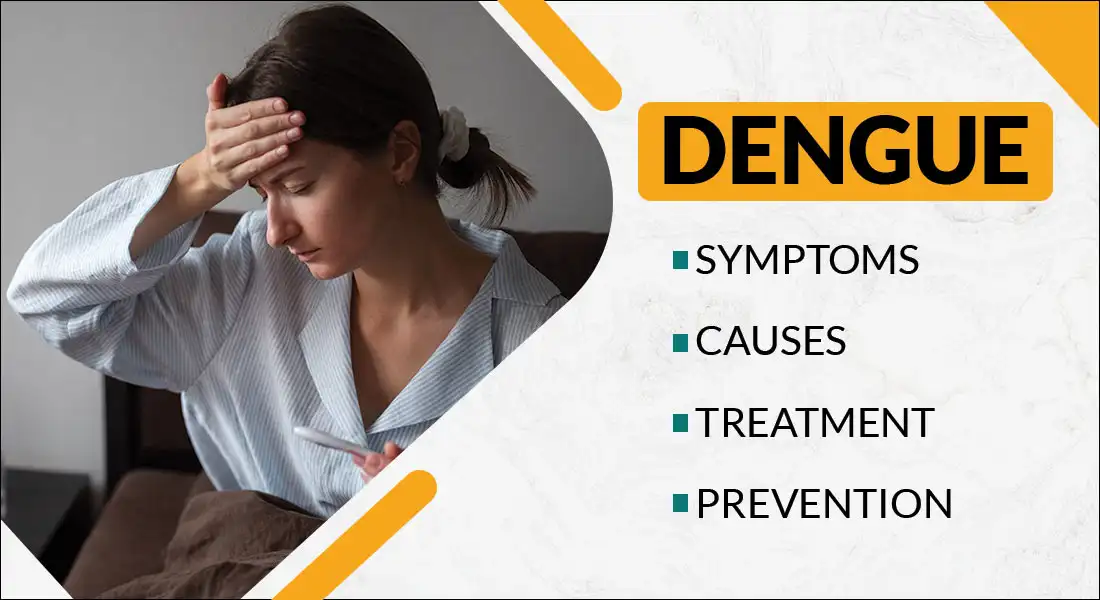
Dengue fever, also known as “break-bone fever,” is a mosquito-borne disease that can be extremely debilitating and painful. Mild dengue causes flu-like symptoms and high fever but it can also get severe in certain cases – causing an acute drop in blood pressure and serious bleeding.
Millions of people suffer from dengue each year. According to the National Centre for Vector Borne Diseases Control (NVBDCP), a total of 10,172 dengue cases have been reported till 31st May 2022, in India.
Dengue can be life-threatening at times and therefore, it is crucial to seek prompt medical attention, proper diagnosis and treatment. This blog covers everything you should know about dengue infection.
Symptoms Of Dengue Fever
The symptoms may vary from mild to severe and may last up to 10 days. The signs typically appear 4-6 days after the person has been infected by the virus. The symptoms may include:
- High fever that can go up to 104°F
- Pain behind the eyes and headache
- Fatigue
- Severe muscle and joint pain
- Skin rashes which usually appear 2-5 days after the onset of fever
- Vomiting
- Nausea
- Mild bleeding, including easy bruising, bleeding gums, or nose bleed
When the symptoms of dengue are mild, they are often mistaken for flu or other viral infections. While most people may recover within 1-2 weeks, the symptoms may worsen in some cases and become life-threatening. This is termed dengue haemorrhagic fever, severe dengue or dengue shock syndrome
This situation arises when the blood vessels get damaged, resulting in leaks. The platelet count also drops significantly. Together, these lead to organ failure, internal bleeding, shocks and in some cases, even death.
Severe dengue fever is a life-threatening situation and can develop quickly even before you could know. Therefore, it is important to keep a check on the following warning signs:
- Persistent vomiting
- Restlessness or irritability
- Blood in stool, urine or vomit
- Severe pain in the stomach
- Difficulty breathing or breathlessness
- Bleeding from your nose or gums
- Internal bleeding such as under the skin
- Fatigue
If you develop any of the above dengue symptoms, seek immediate medical attention.
Causes Of Dengue
Dengue is caused by any of the following four viruses, namely DENV-1, DENV-2, DENV-3 and DENV-4. However, it is transmitted through mosquito bites. When a mosquito bites someone who is infected by the dengue virus, the mosquito becomes the carrier of the virus and spread it among human beings. When the dengue mosquito bites a person, it causes the virus to enter his or her bloodstream.
The virus then multiplies in the person’s bloodstream and the common symptoms start showing up. However, very quickly the virus can start destroying your blood vessels and the platelet count rises. These may cause the blood to leak out of the vessels, resulting in internal bleeding. Hence, the person may develop life-threatening signs of severe dengue fever.
While the causes of dengue are ‘viruses,’ the infection is transmitted through Aedes mosquitos. It is not contagious in the sense that it does not spread directly from one person to another unless an infected mother passes it on to the baby during her pregnancy or childbirth.
Diagnosis of Dengue
Since the symptoms of dengue are often similar to that of influenza, typhoid fever, measles or malaria, the doctor will recommend taking blood tests for proper diagnosis of the infection. These include the Non-Structural Protein 1 test, complete blood count, Immunoglobulin M/Immunoglobulin G test, etc.
Test For Dengue
There are primarily four diagnostic tests that are recommended by your doctors/physician on the basis of your symptoms of fever. These are the following tests to confirm the dengue:-
- Dengue NS 1 Antigen
- Dengue IgM Antibody
- Dengue IgG Antibody
- platelet count
Choose an accredited diagnostic centre that has the infrastructure and expertise to perform dengue fever tests.
Treatment For Dengue
Unfortunately, there is no specific treatment of dengue yet. Since the infection is caused by a virus, doctors do not prescribe antibiotics. However, mild pain relievers such as paracetamol may help alleviate the conditions of muscle and joint pain. Do not take non-steroidal inflammatory medications like ibuprofen or aspirin because they can increase internal bleeding.
Take adequate rest and stay well-hydrated.
Prevention Of Dengue
Since there is no definitive dengue fever treatment, it is crucial to take proper preventive measures:
- Avoid mosquito bites in all cases
- Use mosquito repellents, both indoors and outdoors
- Use mosquito nets when sleeping at night
- If you live in a mosquito-prone area, do not leave body parts exposed, especially when you are going out
If you develop signs of dengue fever, seek medical attention immediately and get a proper diagnosis done.
DISCLAIMER: THIS WEBSITE DOES NOT PROVIDE MEDICAL ADVICE. The information including text, graphics, images, and other material contained on this website is for informational purposes only. No material on this site is intended to be a substitute for professional medical advice, diagnosis, or treatment. Contact a health expert if you have questions about your health.




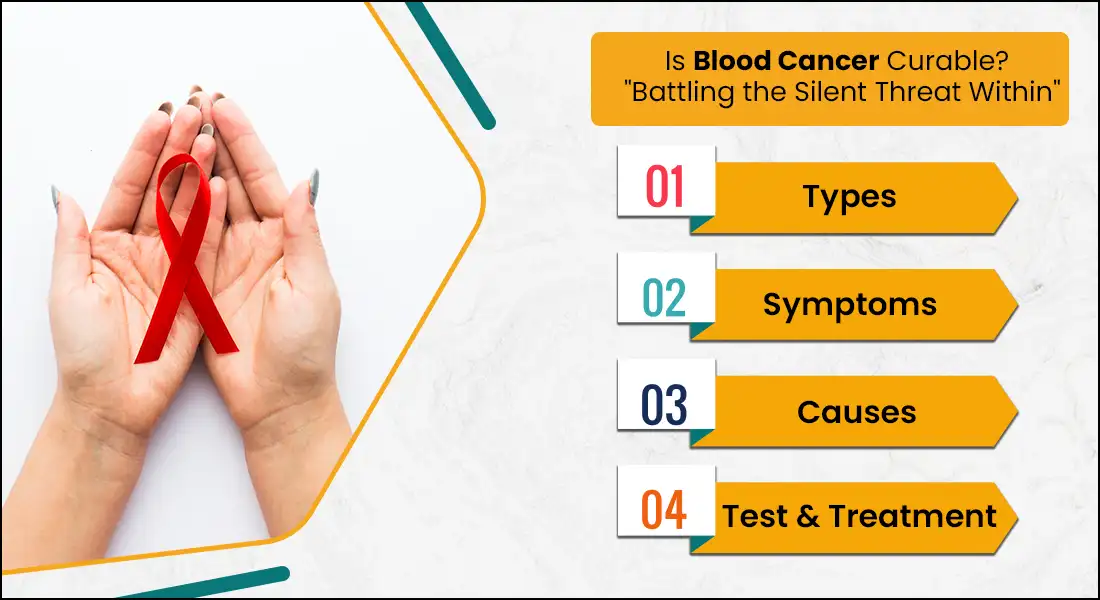
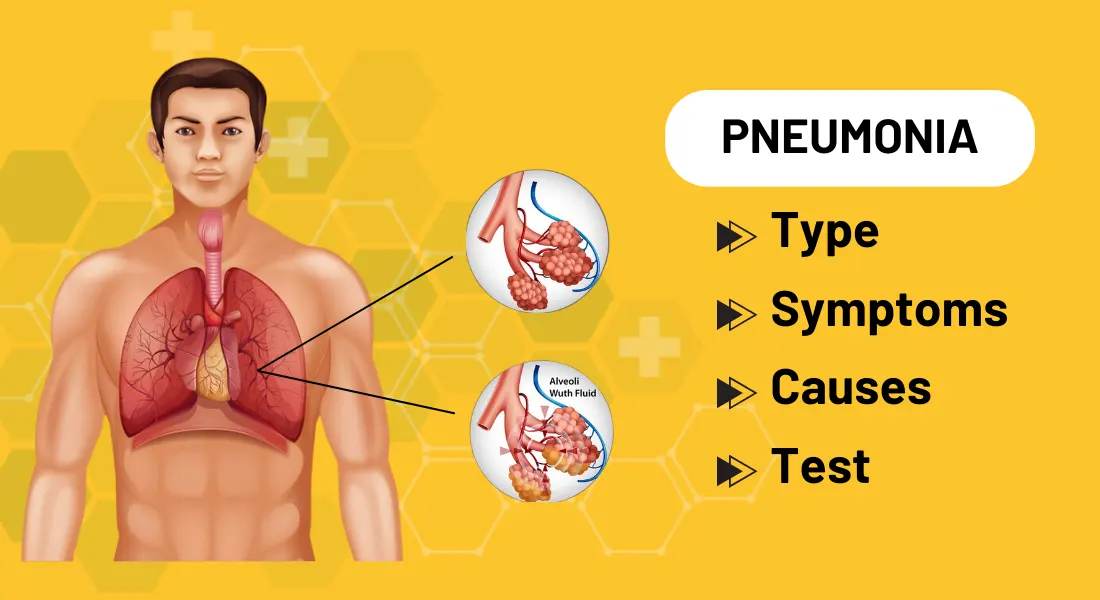
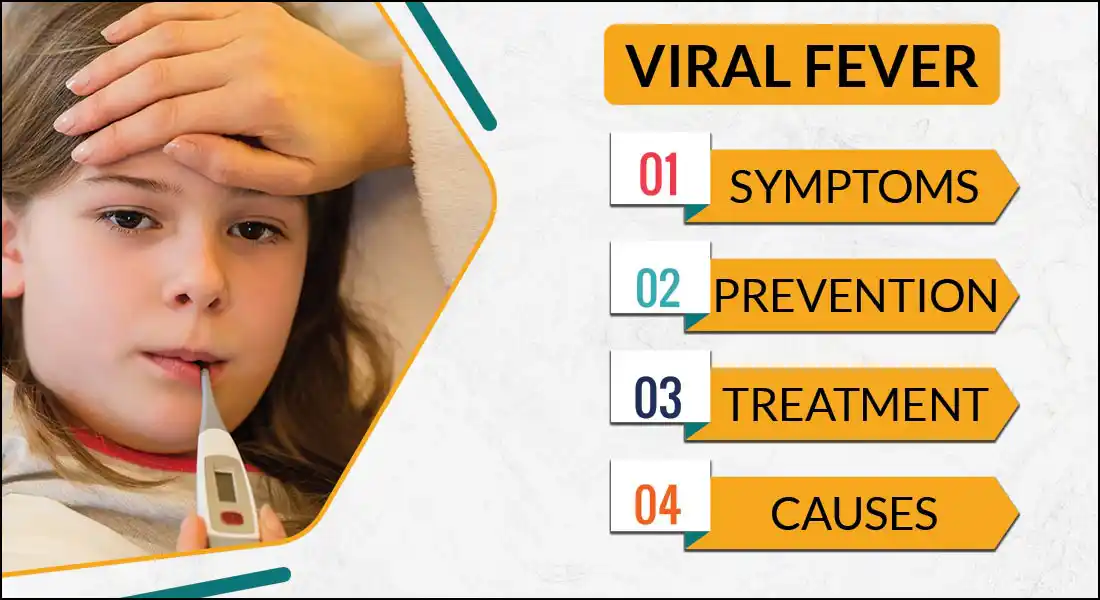
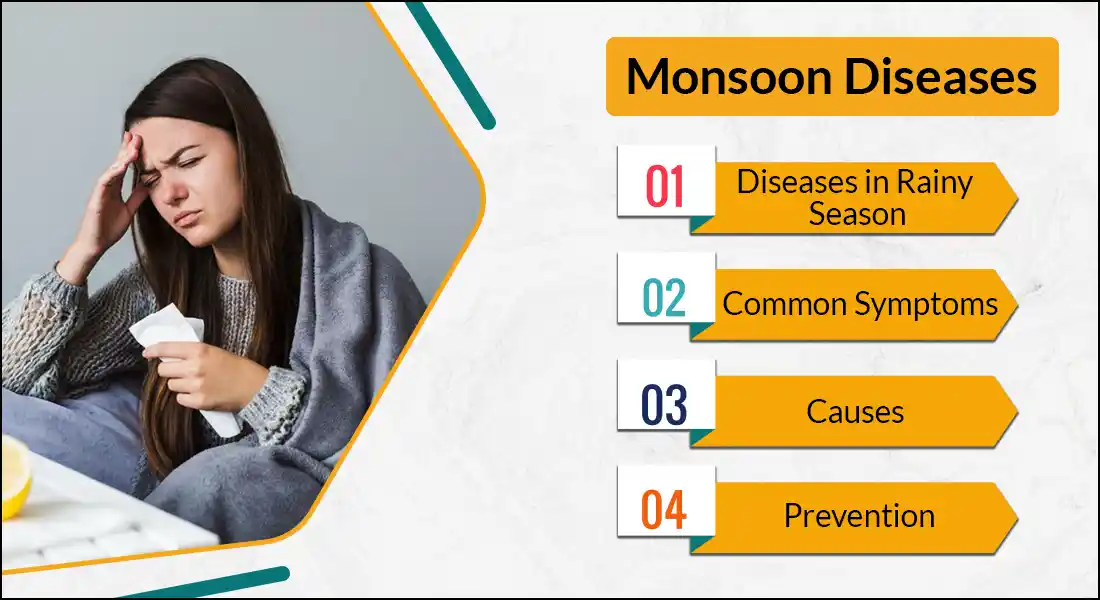
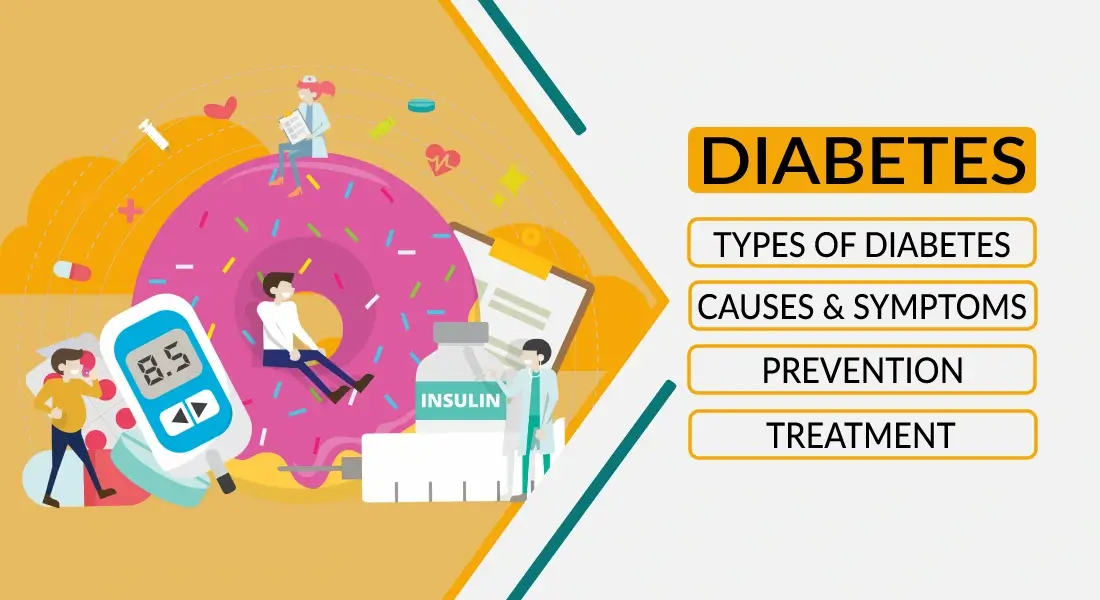
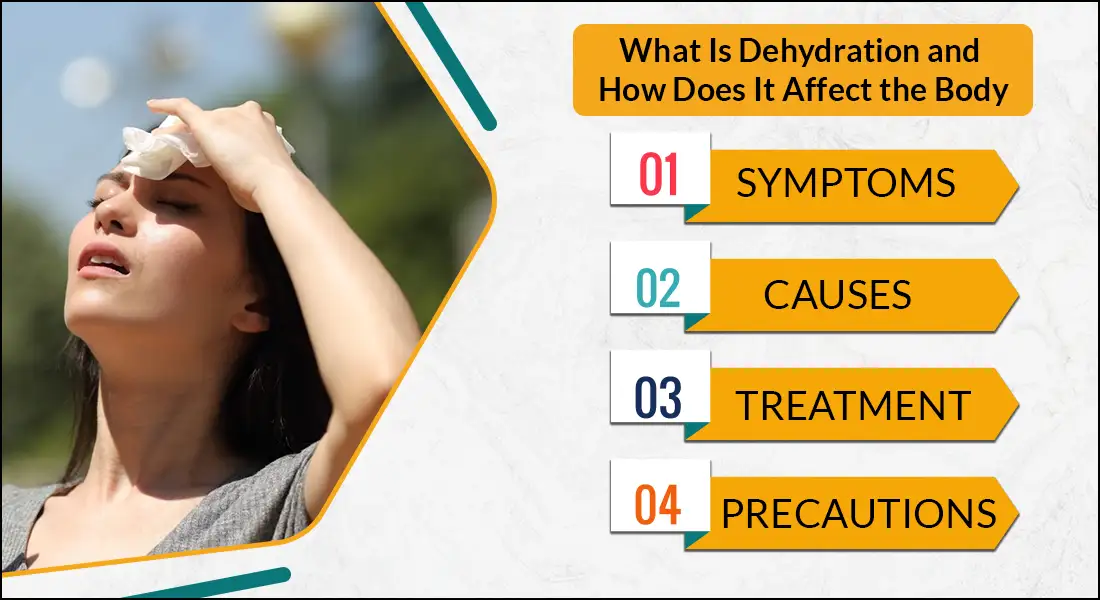
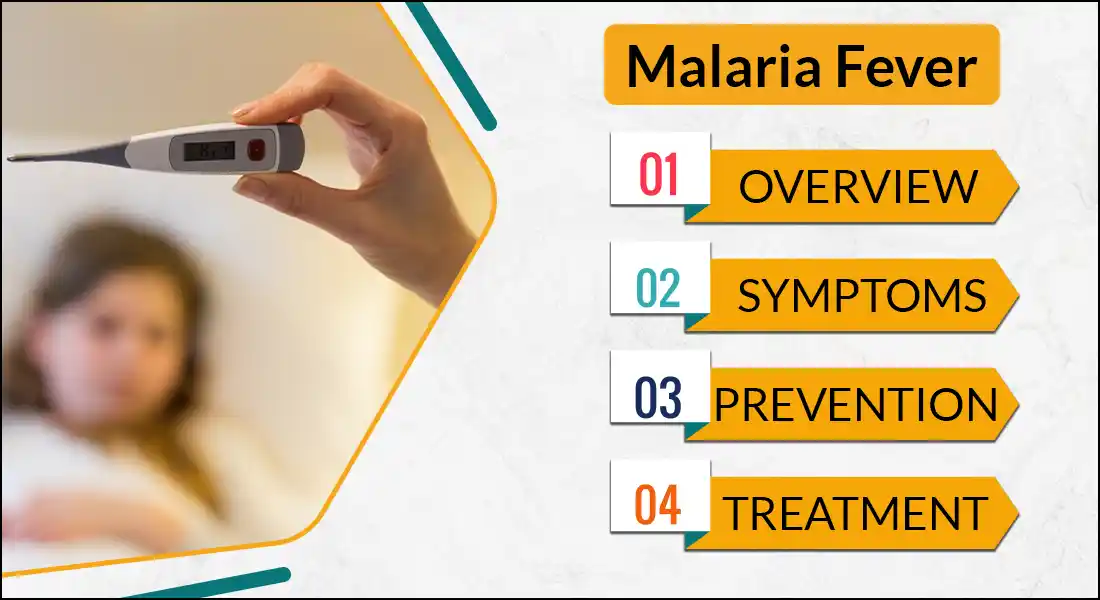
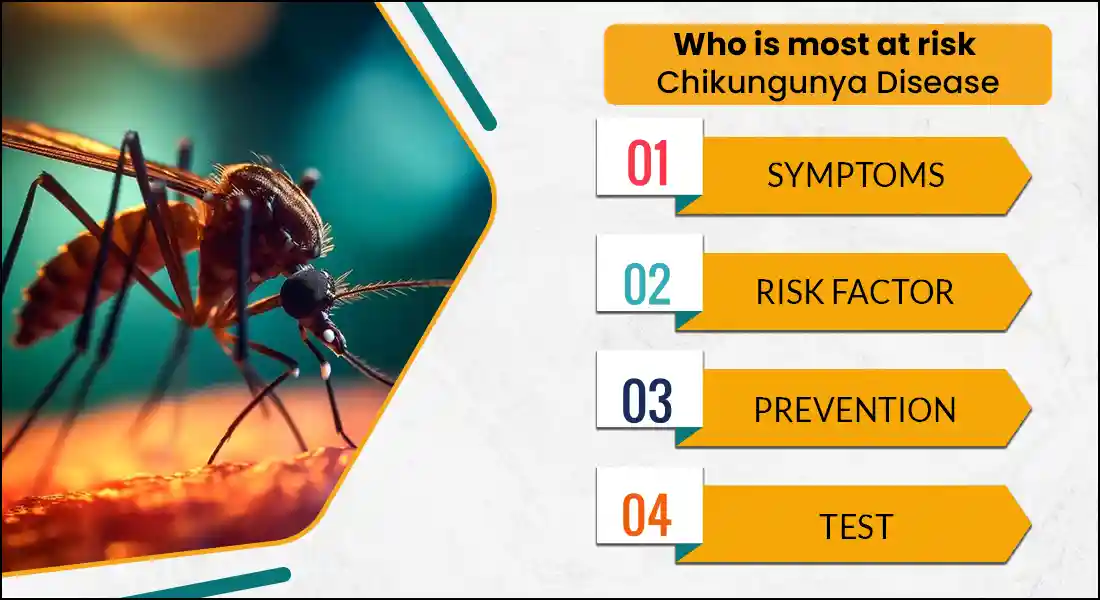
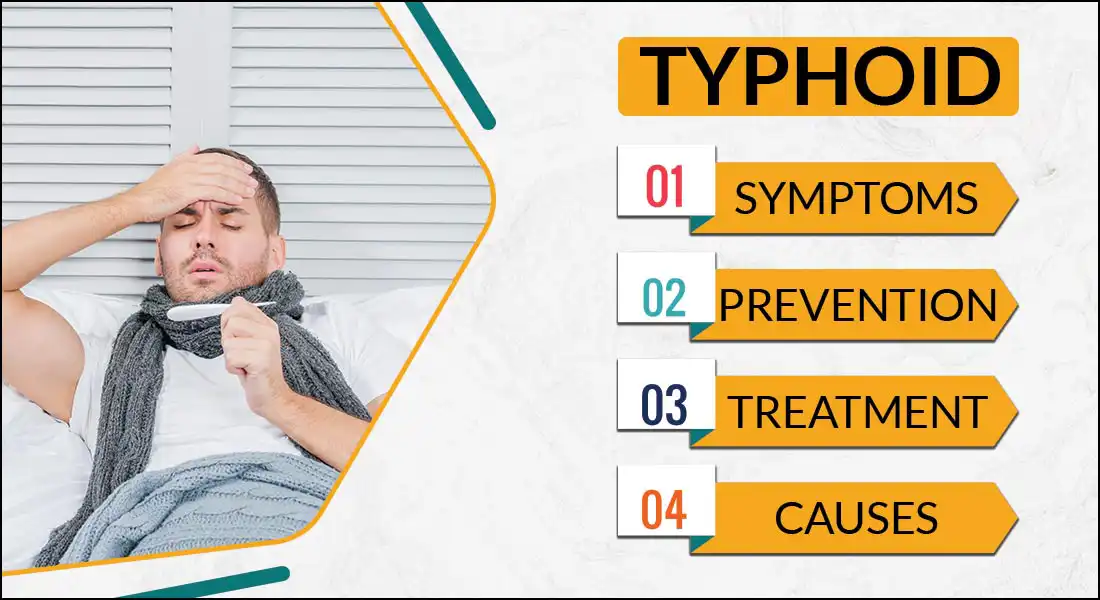


Comments List